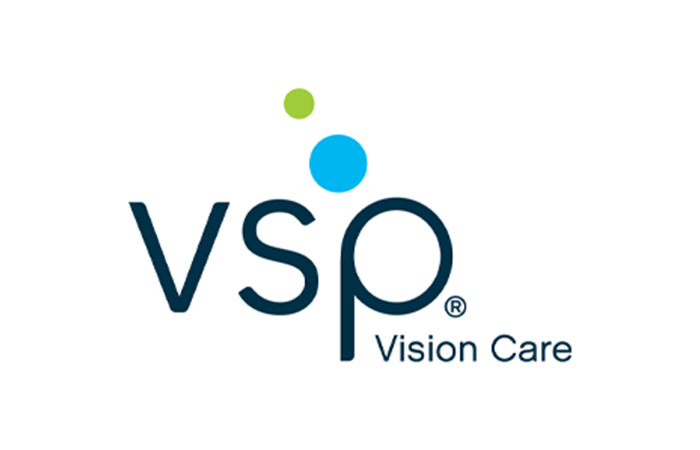
Companies could be at risk under health and safety and duty of care guidelines if their drivers cause a serious accident through poor vision. That’s the warning from VSP Vision Care UK which says drivers’ eyesight should be checked on a frequent basis to ensure they are legally compliant.
VSP Vision Care UK, the British arm of giant US-based eye health specialist VSP Global, a not-for-profit vision benefits and services company with almost 100million members worldwide, says that regular driver eyesight tests should be carried out to ensure employees who regularly drive for work meet the standards of vision for driving.
Approximately 2,900 casualties occur in the UK every year due to drivers having poor vision, at an estimated cost of £33 million, according to safety charity Brake, while the Royal National Institute for the Blind (RNIB) calculates that around 13 million motorists are not wearing the glasses or contact lenses needed to correct their vision while behind the wheel.
It is an offence not to wear corrective lenses if they are needed and, if caught without them, drivers could face a fine of up to a £1,000 plus three penalty points and/or discretionary disqualification.
Drivers who do not meet the standards of vision for driving and are involved in an accident invalidate their insurance, and could face imprisonment for up to 14 years if they cause death by dangerous driving and five years for death by careless driving.
However, poor vision is believed to be hugely under-reported in government crash causation data due to the difficulty in determining if eyesight was to blame. Some casualties are likely to occur because drivers are unaware they have a vision problem and have neither corrected it nor reported it to the Driver Vehicle Licensing Agency (DVLA).
Employers are legally required to ensure that, if necessary, employees wear glasses while working at a computer console, under the Health and Safety (Display Screen Equipment) Regulations 1922, but currently there is no such requirement to check driver eyesight.
In what remains a grey area, Government guidelines say you must wear glasses or contact lenses every time you drive if you need them to meet the ‘standards of vision for driving’.
You must also tell the DVLA if you’ve got any problem with your eyesight. This does not include being short or long sighted or colour blind, nor do you need to say if you’ve had surgery to correct short sightedness and can meet the eyesight standards.
To be legally fit to drive motorists must be able to read, with glasses or contact lenses if necessary, a number plate from 20 metres away.
They must also meet the minimum eyesight standard for driving by having a visual acuity of at least 0.5 (6/12) measured on the Snellen scale – which consists of a number of rows of letters which get smaller as you read down the chart – and must also have an adequate field of vision.
However, there is plenty of evidence that drivers do not get their eyes checked regularly enough. A survey by Brake found one in four (25%) UK drivers had not had a vision test in the past two years and 4%, or the equivalent of more than 1.5 million licence holders, had never had their eyes tested.
Jeremy Chadwick, Managing Director, EMEA at VSP Vision Care, said that employers needed to ensure that all drivers who drive regularly for work had regular eye tests, not least because of natural eye degeneration.
“Because eyesight can deteriorate without us noticing, we recommend having a professional eye test ideally every year or straight away if a problem arises. This should check vision over distance, as well as other visual defects, including problems seeing things in the central or peripheral vision.
“Employers should consider providing their employees with regular eye screening and full eye examinations where appropriate with access to glasses if they need them for driving.
“VSP offers comprehensive solutions for driving vision through our portfolio of WellVision Plans. We also offer an online eye-screening solution, eScreen, that can be utilised at the employee’s own workstation.
“This provides a fast and convenient way to carry out an online eye screen as part of employee health checks and wellbeing programmes, with no extra work for Human Resources or health and safety teams,” he said.
Available at no extra cost as part of VSP’s Eye Care plans, eScreen allows employers to not only improve employee wellness and productivity but, at the same time, meet HSE requirements in providing access to the latest screening and eye health monitoring.
For more information please get in touch: Suzanne Randall, Market Director UK and Ireland, +44 7720 243468 or email [email protected]